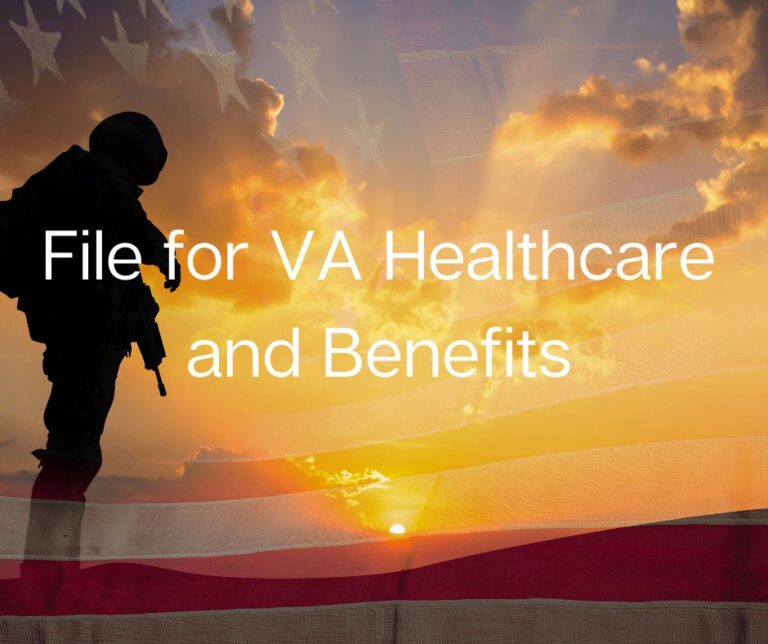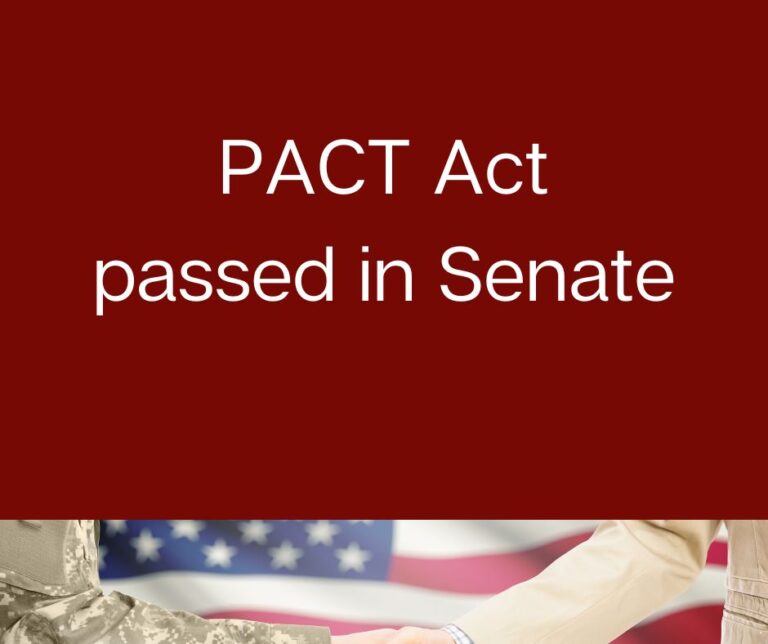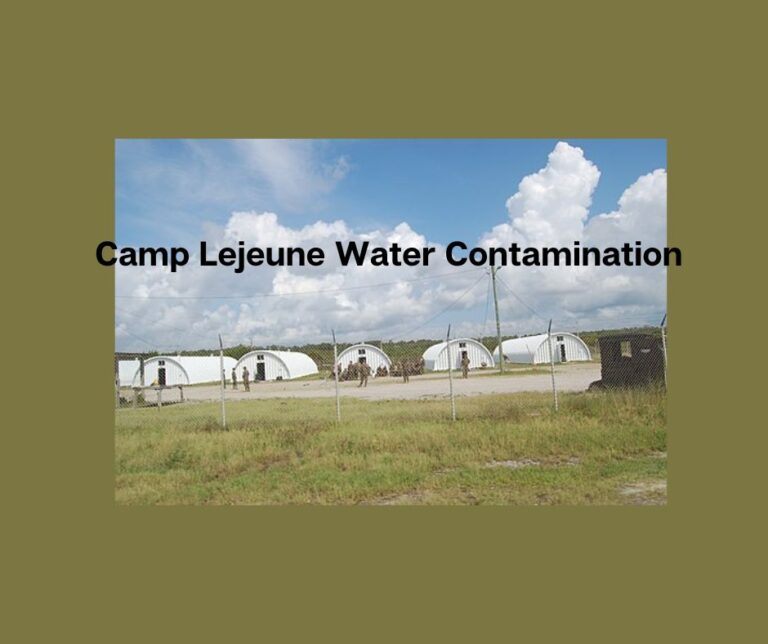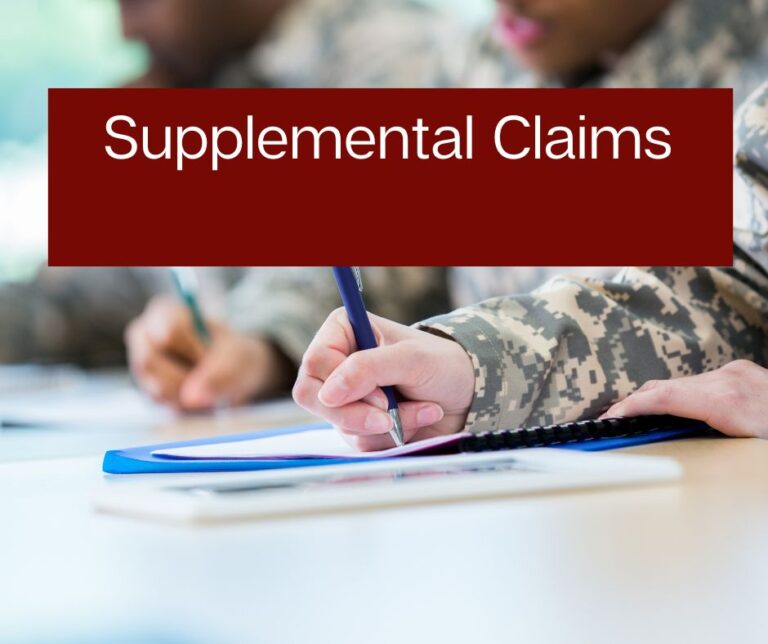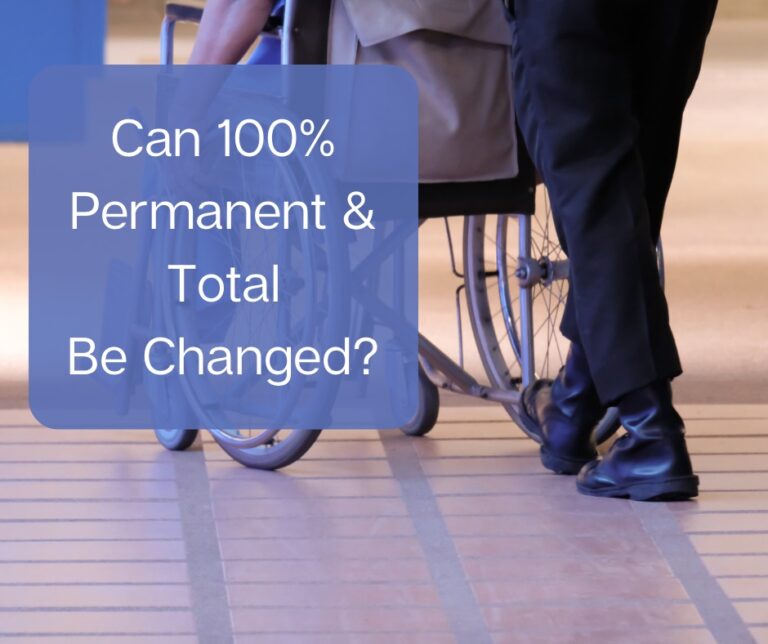Will VA Payments Stop During A Government Shutdown?
Bottom Line Up Front: No, a US government shutdown would not mean that VA disability payments could stop. If you receive disability or GI bill payments from the VA, you will continue receiving those payments without interruption, even during a government shutdown. This includes services such as Servicemembers’ Group Life Insurance (SGLI) payments, which also remain unaffected.
Veterans who rely on VA disability payments traditionally experience concern during times of governmental financial uncertainties, particularly when a government shutdown looms on the horizon. However, it’s important for you to understand that your disability payments will remain unaffected during such shutdowns. This is one source of stress that is unwarranted and unnecessary.
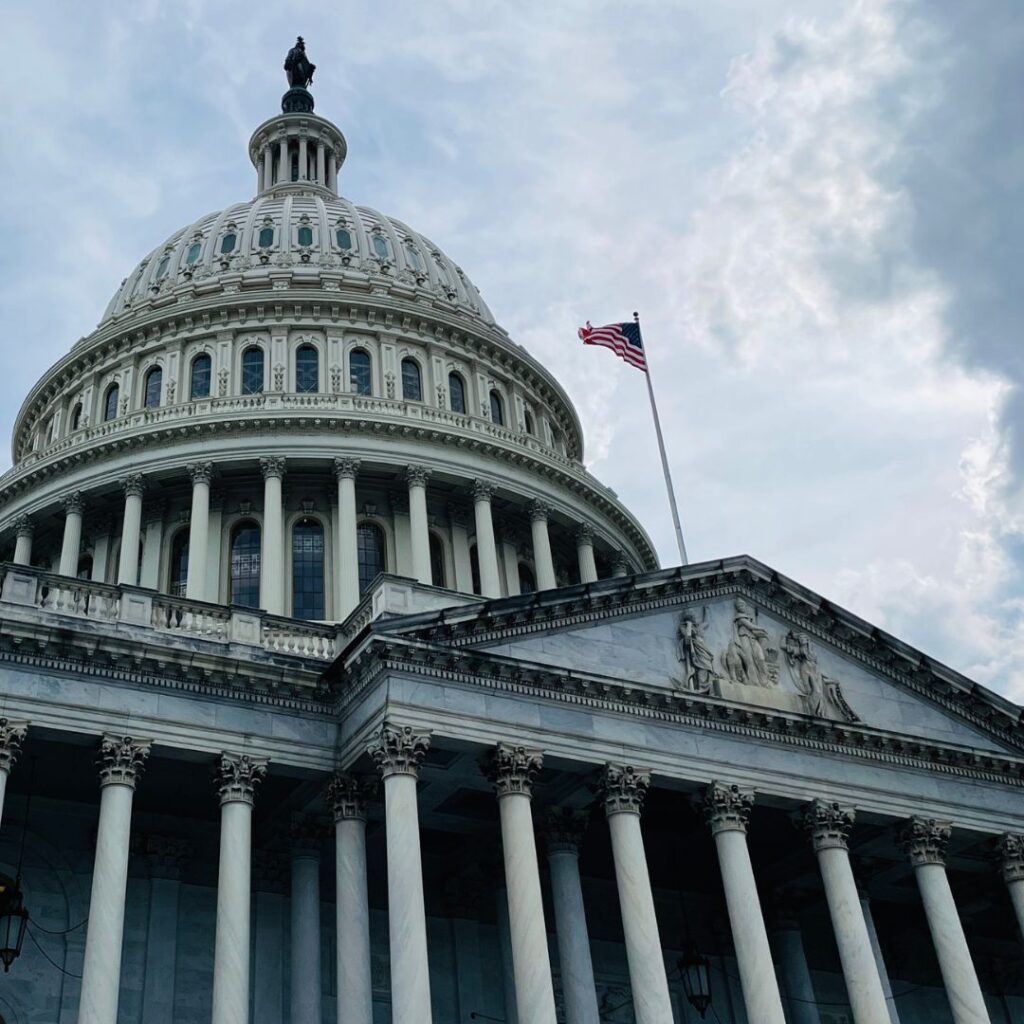
This financial stability is because VA disability payments fall under the category of mandatory spending. Unlike discretionary spending, which must be approved on an annual basis by Congress, mandatory spending is used to fund programs that are enacted by law and do not require annual appropriations. This includes entitlement programs like Social Security and Medicare, as well as veterans’ benefits.
Moreover, the funds for VA disability payments are safeguarded through multi-year and other permanent appropriations. Congress has allocated funds for these payments well in advance, ensuring that even if they are unable to pass a budget—or if the government shuts down for any reason—there is no impact on the distribution of disability payments to veterans.
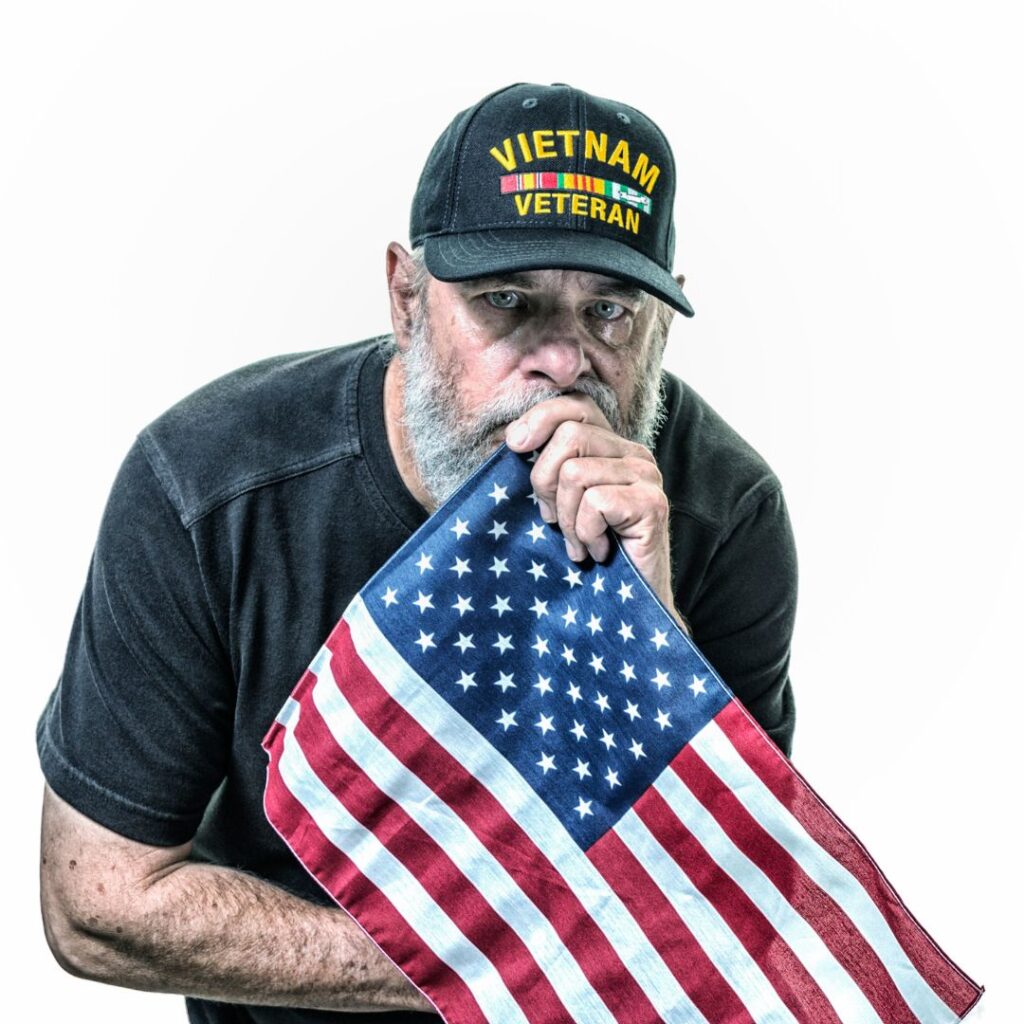
The system in place for funding VA disability payments is designed to be resilient and to provide consistent support to veterans who depend on these benefits for their well-being. Even in the event of a government shutdown, when many federal services and operations can grind to a halt, veterans can have peace of mind knowing that their disability payments will continue to arrive on time without disruption.
In the United States federal budget, spending is divided into two main categories: mandatory and discretionary.
Mandatory spending is spending that is required by law. It does not need to be approved annually by Congress and is set to continue under existing laws. This type of spending is usually for entitlement programs, where payments are made automatically to individuals who meet certain eligibility criteria, such as Social Security, Medicare, and Medicaid.
Discretionary spending, on the other hand, must be approved by Congress through the annual appropriations process. It includes funding for government agencies and programs, and it can vary each year based on the decisions of Congress and the President. Discretionary spending accounted for a little over a quarter of total federal spending in 2022 and includes categories like defense, education, and transportation.
During a government shutdown, certain Veterans Affairs (VA) services may be affected, while others may continue to operate normally. Based on typical government shutdown scenarios, here are some VA services that could be impacted:
- Claims Processing and Appeals: The processing of new claims might slow down due to reduced staff. However, in past shutdowns, efforts have been made to keep these services running as smoothly as possible.
- Call Centers and Hotlines: Non-essential call centers, including the Education Call Center and the GI Bill Hotline, may not operate during a shutdown.
- In-Person Services: VA hospitals and clinics are likely to remain open since healthcare is considered an essential service. However, some administrative services at these facilities might be reduced or delayed.
- Educational Benefits: Processing of GI Bill benefits might face delays, impacting students relying on these for tuition and living expenses.
- Loan Guarantees: The processing of VA home loan guarantees may be delayed, affecting veterans looking to buy a home during the shutdown.
It’s important to note that the impact on VA services can vary based on the length and specifics of the government shutdown. Essential services, especially those related to healthcare and immediate financial support (like disability payments), are typically prioritized to remain operational.
So relax. Many things may shut down in the government, but unless something drastic happens the VA disability payments will keep coming. And that is wonderful news to a large number of Veterans.
As always, if you have any questions or comments please feel free to drop them below of email us at info@nwavet.org.


